Tired of rising electricity bills? Feeling unsure where to start with solar? You’re not alone.
A home solar system lets you generate your own electricity using sunlight—saving money while reducing your carbon footprint.
A friend of mine once said, “It’s like turning your rooftop into a money printer.” I didn’t get it—until I did. Here’s everything I’ve learned since installing my first system.
What is a home solar system?
Imagine powering your fridge, lights, and laptop with sunlight. That’s what a solar home system does.
A home solar system is a powerful, eco-friendly solution designed to harness the sun’s abundant energy, converting it into electricity for your household. This innovative system typically consists of solar panels installed on your roof, an inverter to transform the sunlight into usable power, and batteries for energy storage. Not only does it significantly reduce your carbon footprint and reliance on non-renewable energy sources, but it can also lead to substantial savings on your electricity bills.
It’s a setup of solar panels, an inverter, and often a battery—together, they produce and manage electricity for your home.
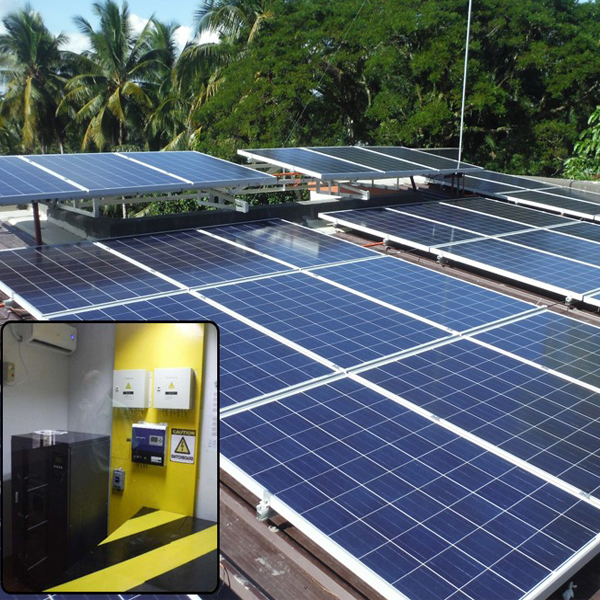
Components of a home solar system:
| Component | What it does |
|---|---|
| Solar panels | Capture sunlight and generate energy |
| Inverter | Converts solar power into usable electricity |
| Battery | Stores extra power for later |
| Controller | Manages flow and prevents overload |
Why is a solar home system important?
Bills are climbing. Grids are aging. But sunlight? It’s free and reliable.
A solar system reduces your power bills, increases energy independence, and helps protect the planet.
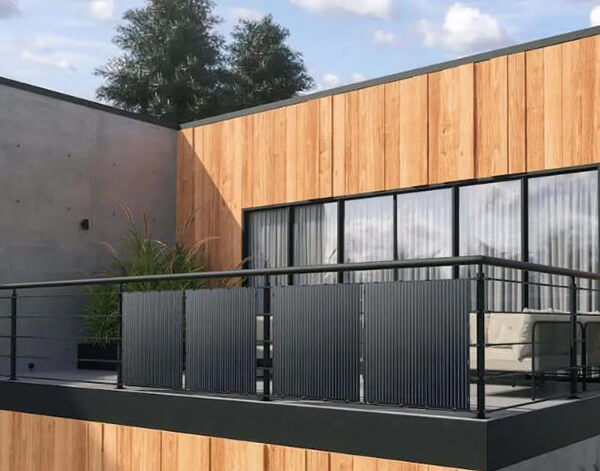
More reasons people are switching:
- You lock in energy prices for 20+ years
- Incentives from the government make it affordable
- You boost your home’s value with solar-ready upgrades
When storms hit and my neighborhood went dark, our lights stayed on. That’s the kind of backup you don’t think you’ll need—until you do.
How does a home solar system work?
Ever used a calculator with a tiny solar panel? The idea’s the same—just bigger.
Solar panels absorb sunlight, send it to an inverter that converts it into electricity, which your home then uses. Extra power can be stored or sent back to the grid.
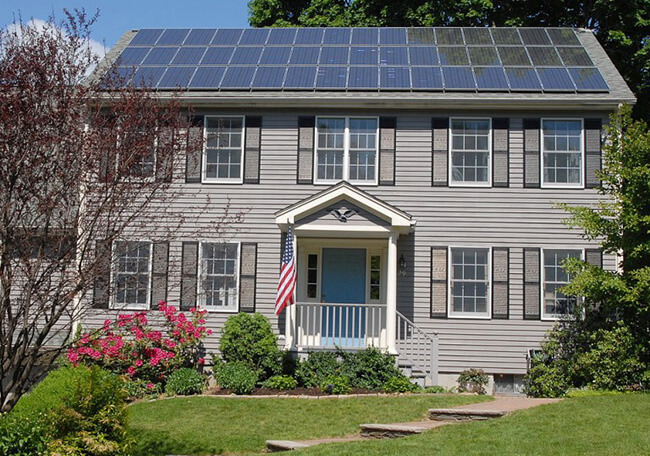
Here’s how it flows:
- Sunlight hits panels
- Panels create DC electricity
- Inverter changes it to AC (usable at home)
- Your home uses what it needs
- Extra gets stored or sold back to the grid
Think of it like a water system—sunlight is the source, the inverter is the pump, and your home is the faucet.
What are the types of home solar systems?
When considering the adoption of solar energy for your home, it’s essential to understand the various types of home solar systems available. Each system offers unique benefits and is designed to meet different needs and preferences. Let’s delve into the three primary categories: On-Grid, Off-Grid, and Hybrid Solar Systems.Each fits a different lifestyle and budget.
Comparison Table:
| Type | Uses Grid? | Has Battery? | Best For |
|---|---|---|---|
| Grid-Tied | Yes | Optional | City homes with stable power |
| Off-Grid | No | Yes | Remote homes or cabins |
| Hybrid | Yes | Yes | Homes needing backup support |
I chose a hybrid setup—because I like having power no matter what. It’s like having both a plan A and a plan B.
How much does a home solar system cost?
It’s not cheap—but it’s worth it.
In most countries, small systems start around $4,000–$6,000, while larger ones can reach $12,000 or more depending on setup.
Key factors that change the price:
- System size (measured in kW)
- Battery or no battery?
- Type of inverter
- Local labor and permits
I tell friends to treat solar like buying a car. Get quotes. Compare brands. And don’t just go for the cheapest—go for the most reliable.
Conclusion
Embracing a home solar system is more than just a trend; it’s a forward-thinking decision for energy independence and environmental stewardship. With various types available and an understanding of their workings, transitioning to home solar systems becomes a clear path toward sustainability and cost savings. As we’ve explored the essentials of solar systems for your home, the question isn’t if you should make the switch, but when.
FAQ
Here are some frequently asked questions about a home solar system.
How much power does an average home solar system produce?
A typical 5kW system produces about 20–25 kWh per day, depending on sunlight.
Enough for daily use in a small to medium-sized home.
Which type of solar system is the best for home?
The best type of solar system for a home depends on factors such as energy needs, budget, grid connectivity, and geographic location. Consulting with a solar expert can help determine the most suitable option for individual circumstances.
Is a 5kw solar system sufficient for home?
Yes, for many homes a 5kW system covers 70–100% of electricity needs depending on location and usage.
But always check your monthly bill and match it with a solar calculator.

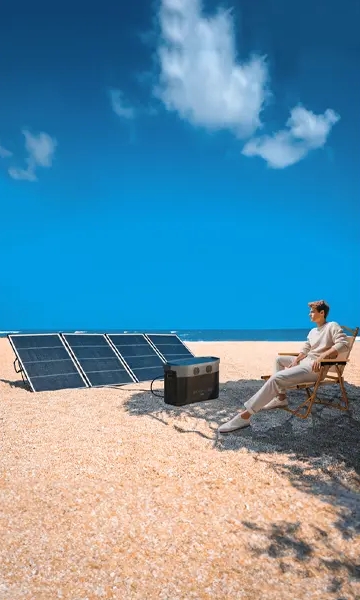
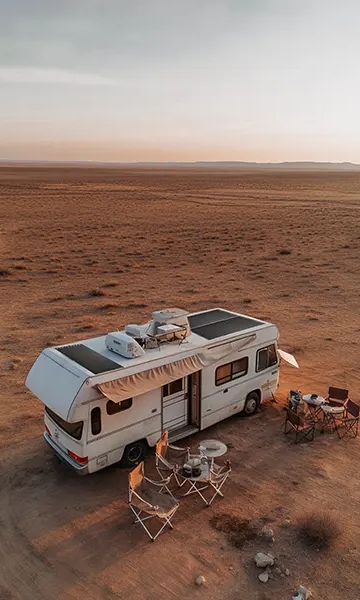

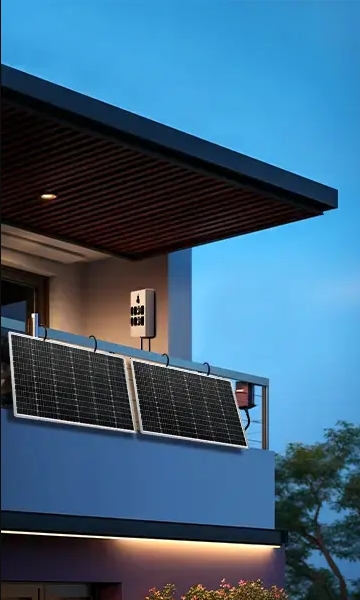
0 Comments